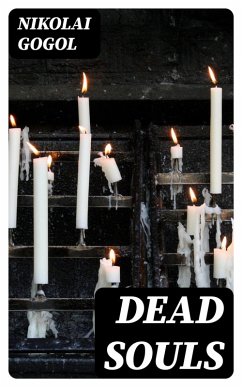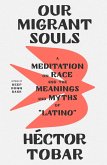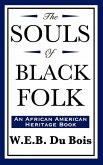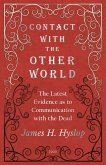Nikolai Gogol's "Dead Souls" is a masterful satirical novel that navigates the social and moral landscape of early 19th-century Russia. Through the tale of Chichikov, a cunning conman intent on acquiring the deceased serfs, Gogol critiques the pervasive corruption, social dysfunction, and the empty pursuit of wealth that characterized Russian society. Written in a style that intertwines grotesque realism with dark humor, the narrative reflects the literary context of Russian Romanticism while laying the groundwork for subsequent developments in Russian literature. Gogol's keen observations and vivid characterizations illuminate the absurdities of human behavior and reveal the spiritual desolation hidden beneath societal norms. Nikolai Gogol, born in 1809 in Ukraine, emerged as one of Russia's most influential writers, blending his folkloric heritage with profound philosophical inquiry. His experiences with bureaucracy and social class dynamics informed much of his work, including the exploration of identity and moral decay found in "Dead Souls." Gogol's unique perspective allowed him to wield satire not just as entertainment but as a critical lens through which to view the human condition and societal flaws. "Dead Souls" is an essential read for those seeking to understand the intricate interplay between individual ambition and societal constraints. Its rich symbolism and innovative narrative structure invite readers to reflect on the nature of morality and existence. Gogol's incisive wit and poignant insights make this tale a timeless exploration of the human psyche, ensuring its relevance to contemporary audiences.
Dieser Download kann aus rechtlichen Gründen nur mit Rechnungsadresse in A, B, BG, CY, CZ, D, DK, EW, FIN, F, GR, H, IRL, I, LT, L, LR, M, NL, PL, P, R, S, SLO, SK ausgeliefert werden.









